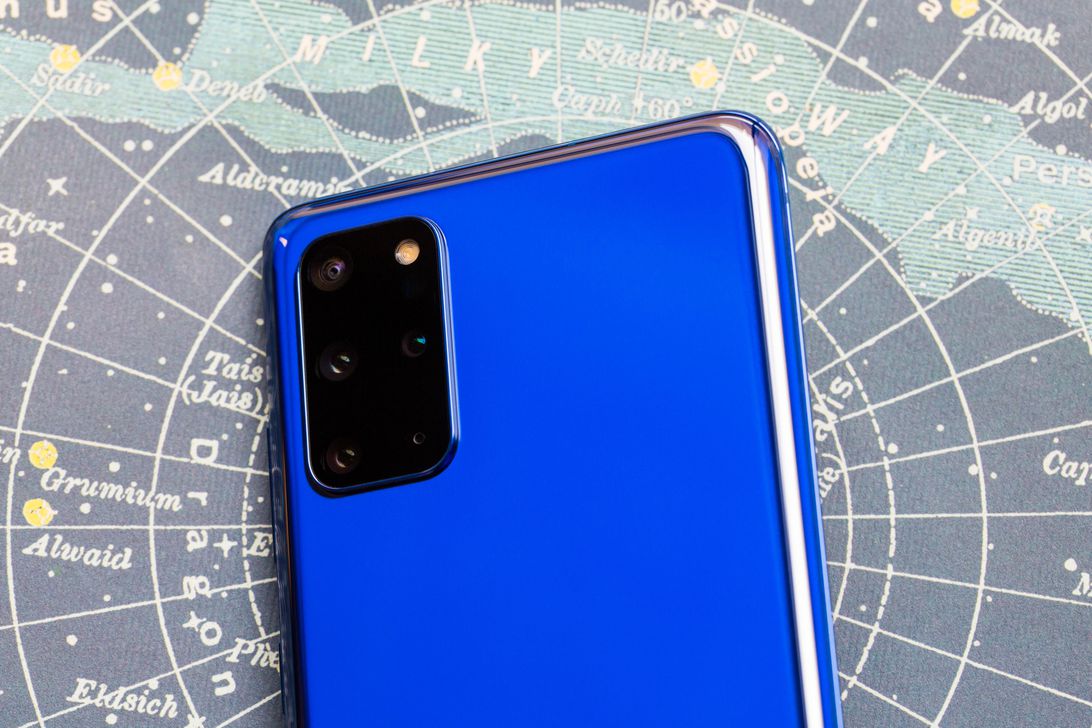Mobile phone shipments will drop to 10-year low this year as coronavirus hurts demand
Phone makers are going to see their worst year in a decade because of the novel coronavirus, according to a new report.
Shipments of mobile phones likely will drop 13% this year to 1.57 billion units, a 10-year low, CCS Insights predicted on Thursday. That figure includes smartphones, flip phones and other basic devices. Smartphone shipments should fall to 1.26 billion units from 1.41 billion in 2019, the researcher said. In the second quarter, global mobile phone sales should tumble 29% from a year ago, CCS noted.

The expected drop is a blow to handset makers. 2020 was supposed to be a strong year for the industry, as innovations like 5G and foldable screens got people shopping again. Instead, financial struggles and worries about COVID-19 will limit the number of devices companies can make and how many phones people will actually buy. Even once the worst of the pandemic is behind the US and other markets, the global economy will likely continue to struggle, CCS said.
"The mobile industry is facing a rough ride in 2020," the firm said.
The coronavirus was first detected in the Chinese city of Wuhan late last year. It causes an illness known as COVID-19 and has been linked to a family of viruses known as coronaviruses, which include SARS and MERS. The World Health Organization has labeled COVID-19 a pandemic. The crisis is changing the way we live and forcing people across the globe to stay at home and isolate themselves from others. Schools are closed, Broadway is dark and even the Olympics has been rescheduled to 2021.
Asia's impact
China and other Asian countries like South Korea saw the first wave of the virus late last year and early this year. That caused a big drop in smartphone sales in February, with shipments down 38% globally, according to researcher Strategy Analytics. Now the US, Europe and other regions are struggling to contain the outbreak. The number of cases has been rising exponentially and is expected to hit 1 million any day now.
"Data from China gives us a good indication of the effect that lockdowns and consumer uncertainty have on demand for phones," said Marina Koytcheva, vice president of forecasting at CCS Insight. She noted that in January and February, sales volume tumbled 44% from the preceding year.
"Early data from other countries that have introduced strict measures to fight the pandemic suggests similar declines," said Koytcheva.
The forecast echoes what some tech companies have warned. Apple in January said the coronavirus would hurt its revenue and iPhone supply. China is one of Apple's biggest markets and the primary location where its devices like the iPhone are assembled. Because factories closed during the peak of the coronavirus outbreak in China, it caused iPhone shortages around the globe, Apple said. Since that time, Apple has reopened its stores in China but has closed all retail locations outside the region, indefinitely.
CCS noted that while manufacturing in China is returning to normal levels, operations in other regions like India are now on hold. And it's also challenging for companies to transport their devices once they've been assembled.
"Some companies are now having to deal with being unable to meet demand for certain products," Koytcheva said. "This is particularly painful because they have only a short window of opportunity before people and businesses switch strictly into money-saving mode. In the aftermath of the current situation, we expect the biggest detrimental impact on sales will come from weak demand."
Brighter outlook in 2021
Demand for new phones should be "subdued" in the second half of 2020, the firm said. Even the normally strong Christmas quarter should see a 3% drop in sales, CCS predicted.
There is a bright spot, though. CCS expects the market to rebound in 2021, with mobile phone shipments likely growing 12% to nearly the levels seen in 2019. Smartphone sales in 2021 should outpace 2019 by "a good 4%," CCS said. And 2022, as the economy recovers, should "result in another boom," with an expected 13% rise to almost 2 billion phones that year, the firm said.
CCS added that 5G phone sales also have been doing fairly well. In January, 5G-enabled phones accounted for more than 25% of phones sold in the otherwise weak Chinese market, the firm said. Less expensive 5G phones in the second half of 2020 should help offset the weakness earlier in the year.
Overall, 5G-enabled phones should reach sales of 210 million units this year, CCS said. That's a tenfold increase from 2019, and about half of the volume should come from China, the firm noted. in 2024, 5G phone sales should hit 1.15 billion units, accounting for 58% of all mobile phones sold that year.
You should read it
- ★ 5G iPhone should be ready by fall despite coronavirus, Foxconn reportedly says
- ★ Apple Card holders can again defer monthly payment because of coronavirus
- ★ Full list of iOS 13.4 features you should know
- ★ Basic instructions for using iPhone 6, iPhone 6 Plus
- ★ Yes, you can fix a broken phone during the coronavirus lockdown. See 3 ways to repair it